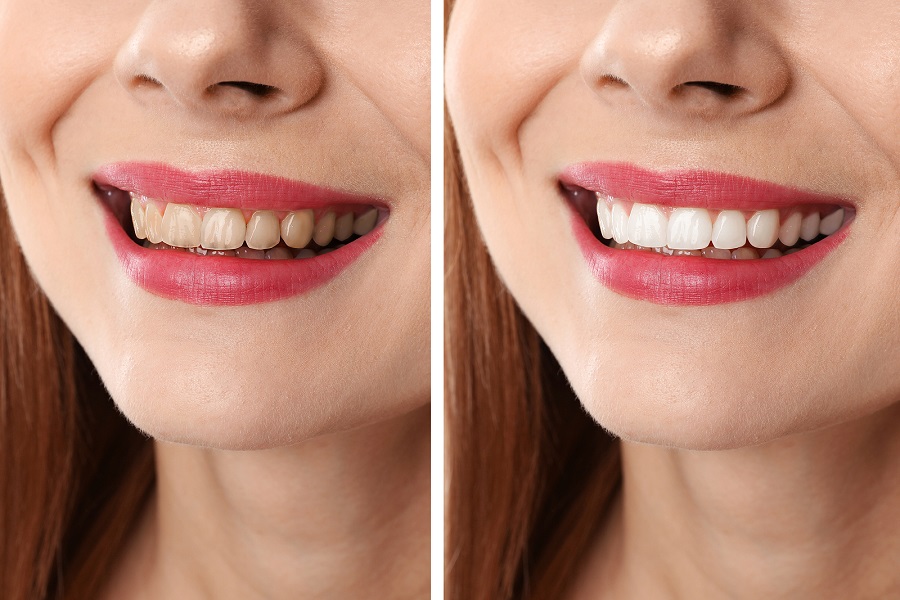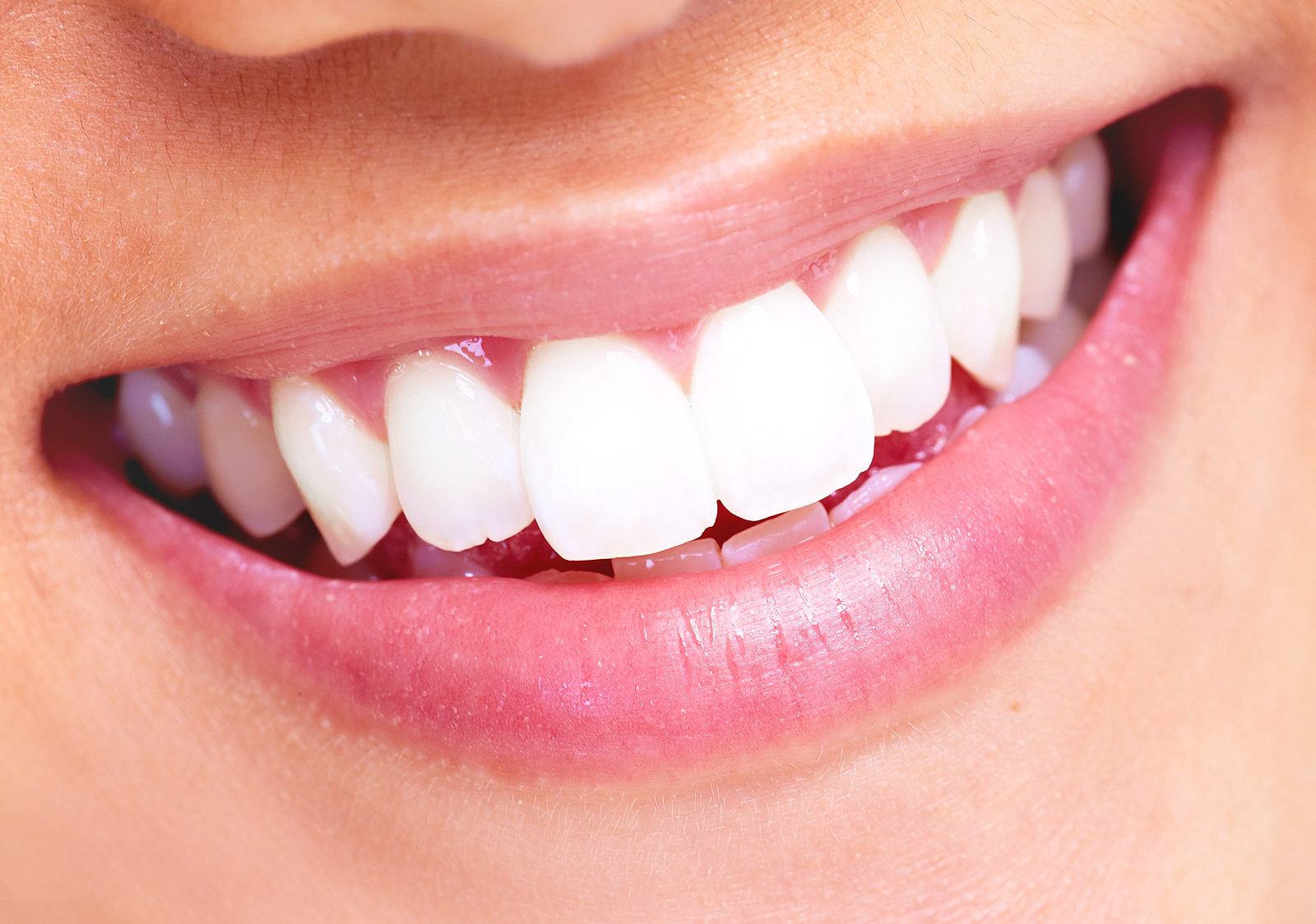DO YOU HAVE ONE OF THESE 4 COMMON DENTAL AND ORAL HEALTH PROBLEMS?
You only get one mouth and one set of teeth, so you should take gentle care of them. These four common dental and oral health problems can permanently affect your teeth, if they are left untreated. When you notice any of the signs of these concerns, you should seek care from your dentist as soon as possible.
4 COMMON DENTAL AND ORAL HEALTH PROBLEMS
1. BAD BREATH
Waking up in the morning with bad breath can be an embarrassing problem to rectify. However, bad breath could also be a symptom of a larger health problem that needs attention. The most common and obvious cause of halitosis, the formal name for bad breath, is dental problems. If your teeth have accumulated a lot of plaque, or if your dental hygiene routine needs improvement, you may suffer from bad breath throughout the day. Arranging for regular dental cleanings and checkups, brushing and flossing twice a day and cleaning your tongue are all simple ways to eliminate common sources of bad breath. If these solutions do not give you fresh breath, you may have another health concern to address. Bad breath can also be caused by sinus infections, diabetes, or regular medications that have dry mouth as a side effect. Talk to your dentist about these conditions, and ask your regular doctor for advice when you schedule a checkup.
2. CAVITIES
Most people have had to deal with a cavity or two throughout their lives. Cavities are a very common dental concern, but your risk of developing cavities can be prevented with effective dental care. The term “cavities” refers to the process of tooth decay. The human mouth is full of bacteria, some potentially harmful. If the bacteria surrounding the teeth is not kept in check by brushing, flossing and mouthwash, it may produce too much acid. Over time, that acid erodes the enamel on the outside of the tooth, creating holes in the dentin underneath. Cavities can cause tooth sensitivity and pain. The best defense against cavities is a good offense. Brushing and flossing your teeth twice a day removes food particles that can promote decay. Since both tasks fulfill different purposes, you cannot expect to retain good dental health without brushing and flossing. If you develop cavities despite regular dental care, your dentist may need to fill the tooth to prevent the cavity from reaching the nerve.
3. GUM DISEASE
Although much of your dental care focuses on your teeth, you should also pay attention to the condition of your gums. Gum disease refers to the inflammation of the gums due to the accumulation of too much plaque. If the condition does not receive prompt treatment, your gums may recede. Gum disease can also damage the bones supporting your teeth. You can identify possible gum disease through the following symptoms:
- swollen gums
- tender gums that bleed easily
- receding gum line
- tooth sensitivity or pain
- persistent halitosis
If you eat something sharp and poke your gums, they may be sore for a day or two. However, gum disease creates symptoms that do not go away quickly, or may become worse over time. If your dentist observes the beginning stages of gum disease during a checkup, you may receive an antibacterial toothpaste or mouthwash to minimize the presence of plaque. When the disease has progressed farther than the early stages, the dentist may need to use more complicated treatments.
4. TOOTH SENSITIVITY
In many cases, sensitive teeth are caused by other dental and oral health problems, such as cavities or gum disease. You should consider tooth sensitivity to be a firm warning from your body that something is not right. Cavities cause tooth sensitivity because the erosion of enamel can push the surface closer to nerve endings, creating the sensitivity. Gum disease forces the gums to recede over time, which can expose the sensitive root of the tooth. You can minimize tooth sensitivity by avoiding drinking liquids or eating foods that are very cold or hot. Selecting a soft toothbrush with a non-abrasive toothpaste helps to avoid agitating the tooth surface. However, the best solution is to address the problem causing the sensitivity in the first place. Without that additional treatment, tooth sensitivity is likely to remain the same or get worse. Protecting your teeth for a lifetime of use is not particularly difficult, but it does require daily attention. Brush and floss your teeth twice a day, and schedule cleanings with your dental clinic twice a year. With extra care, you can prevent or address these common dental problems and look forward to many years of good dental health.






















0 comments